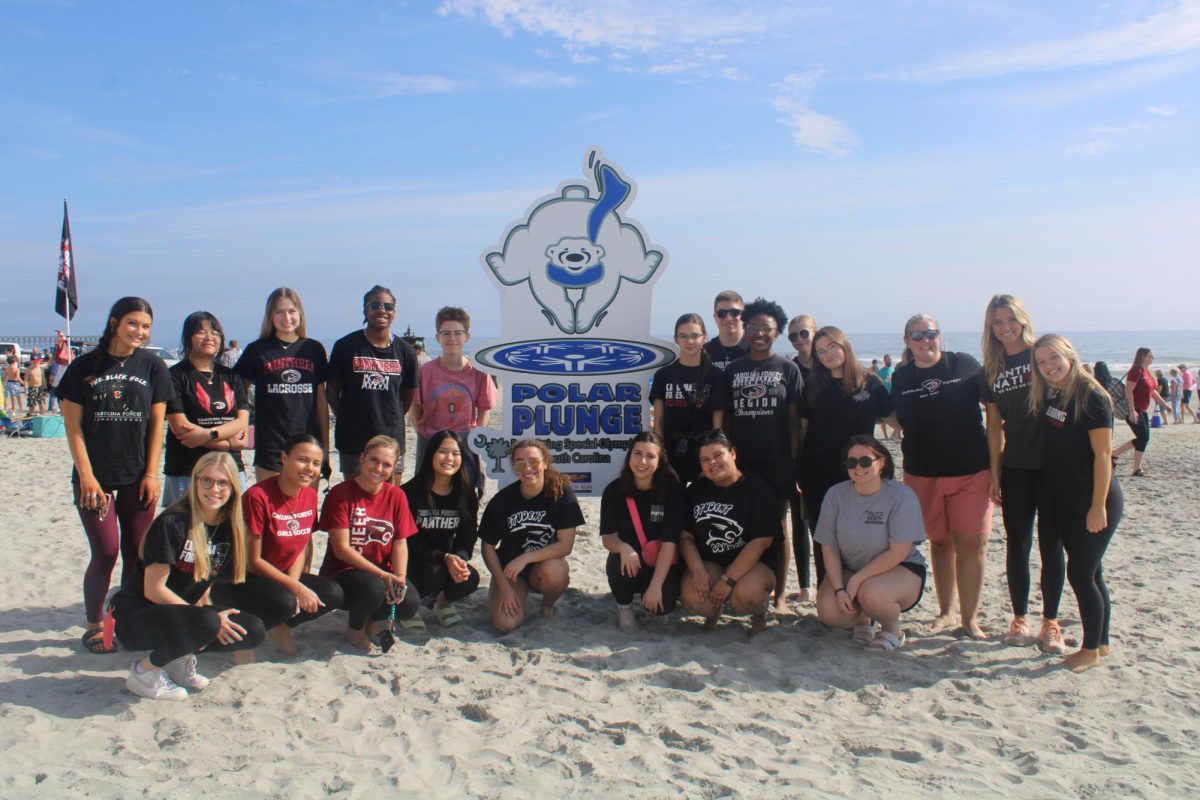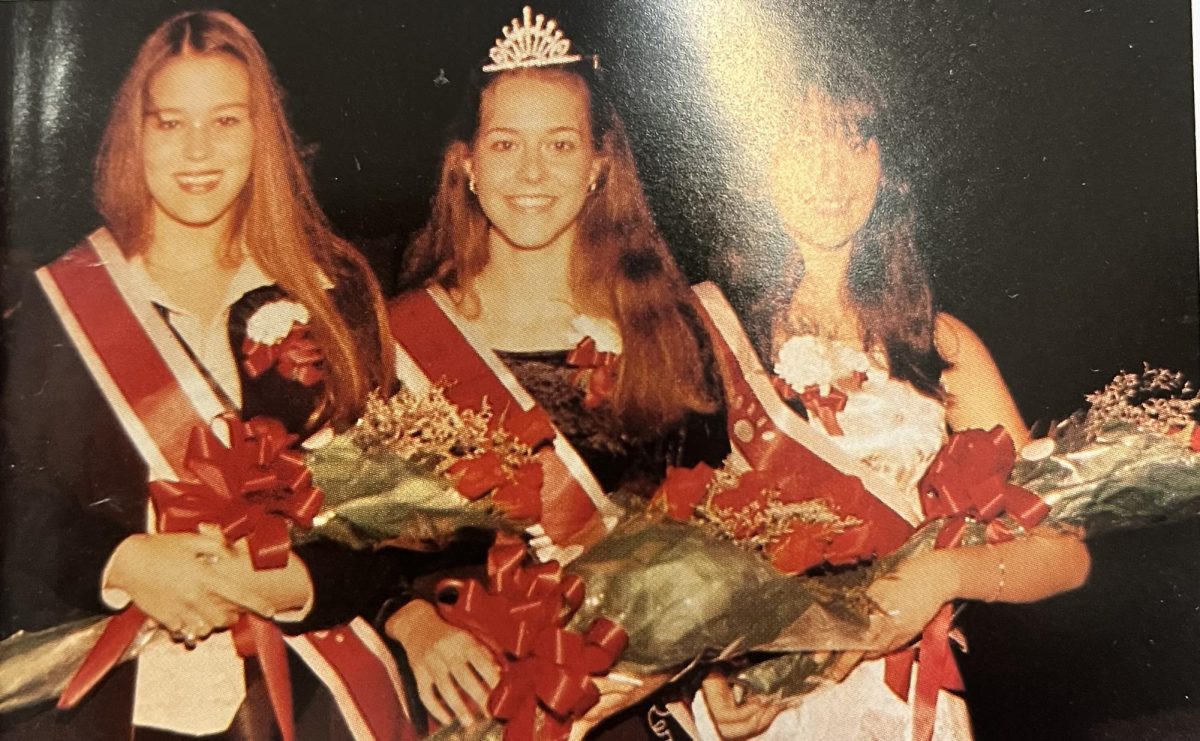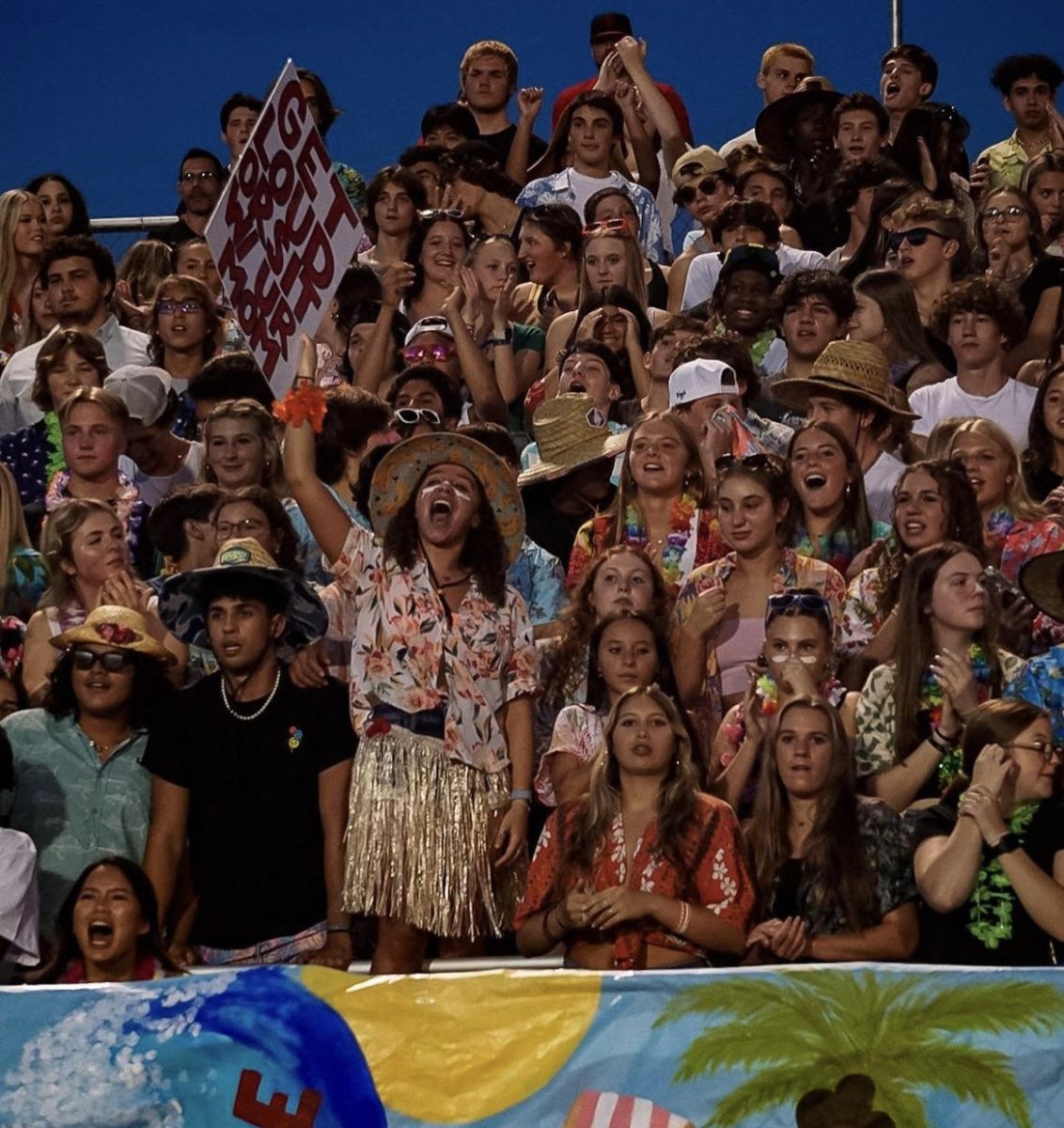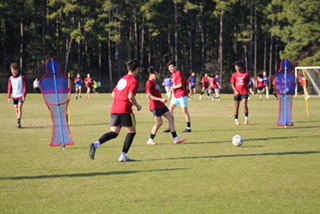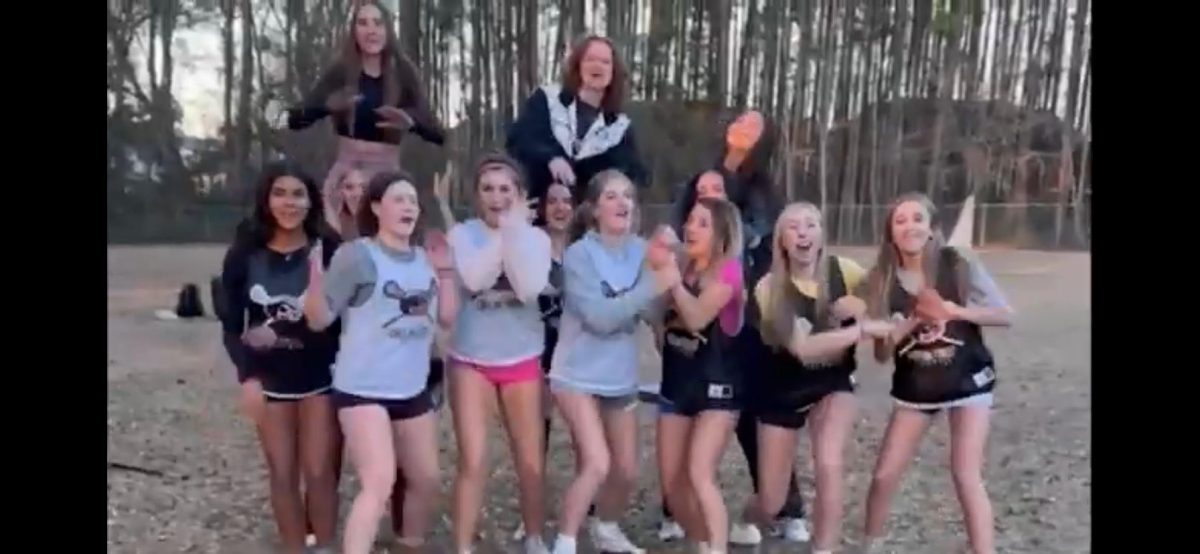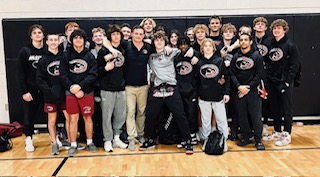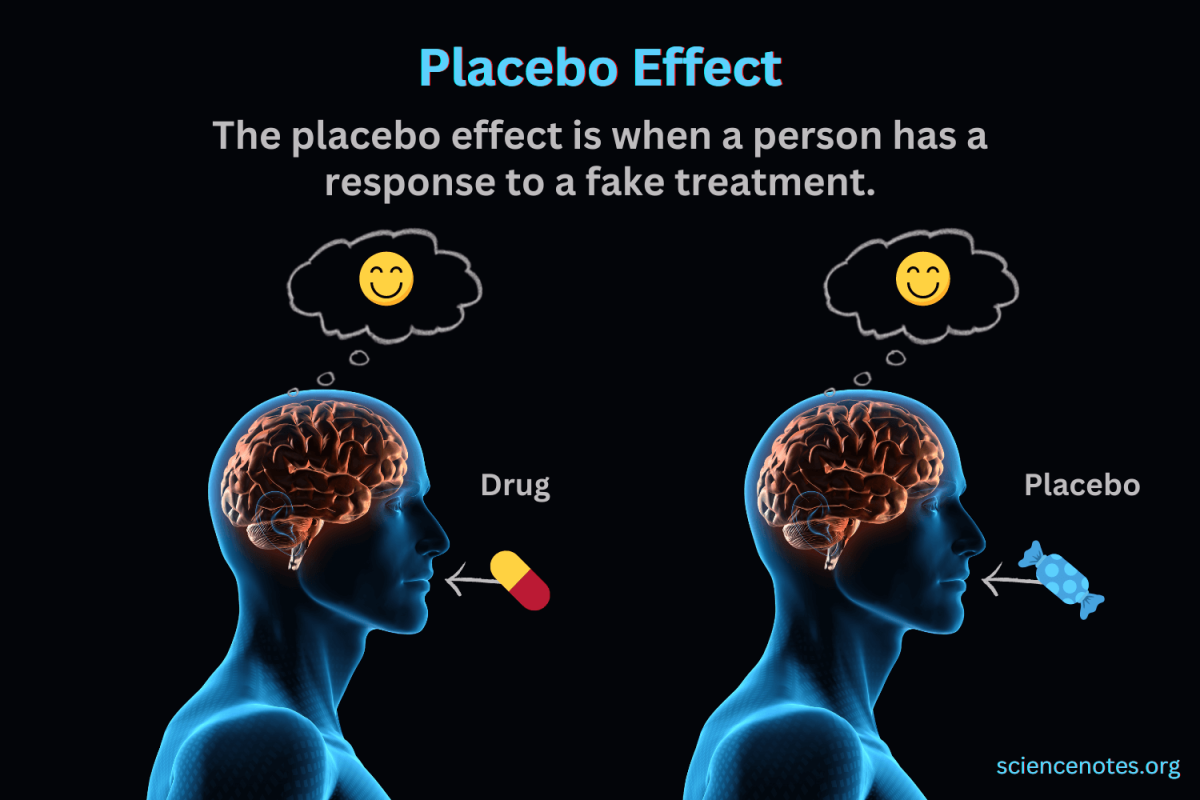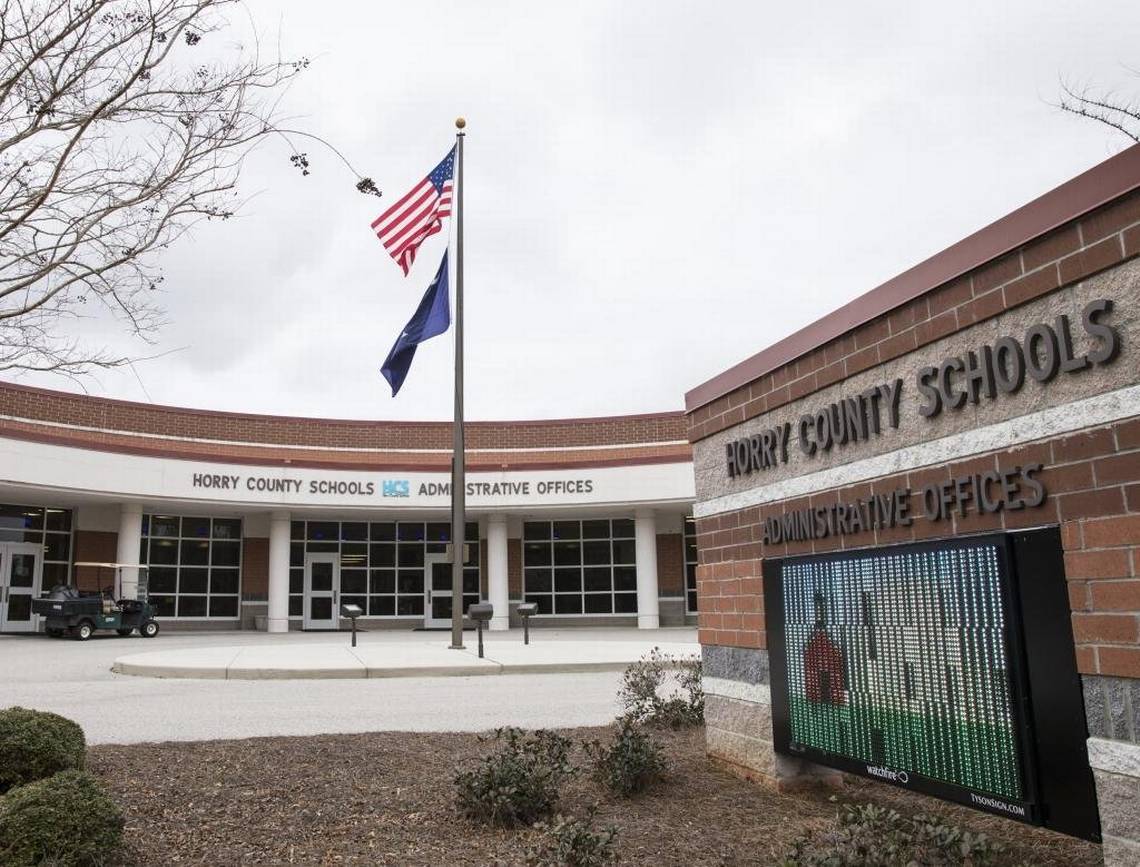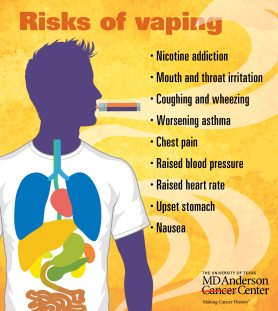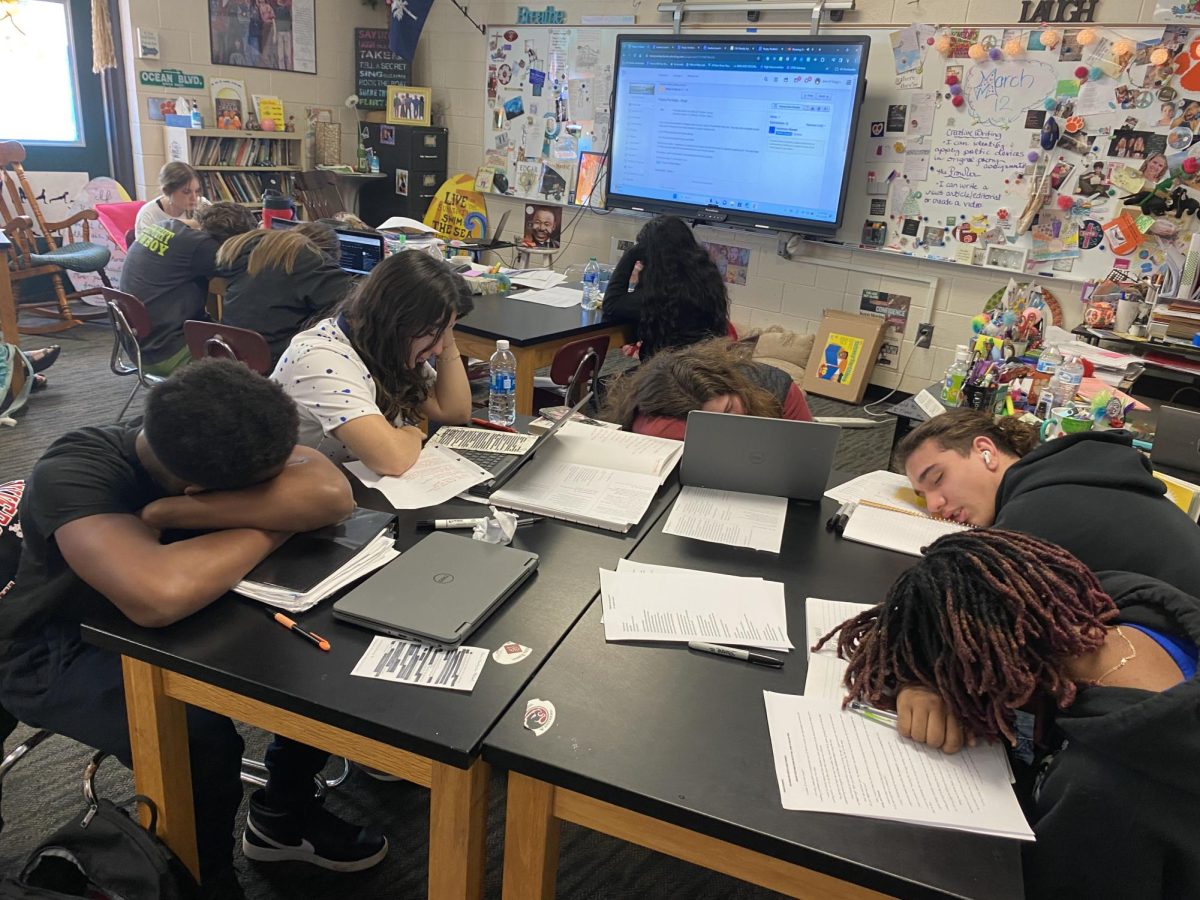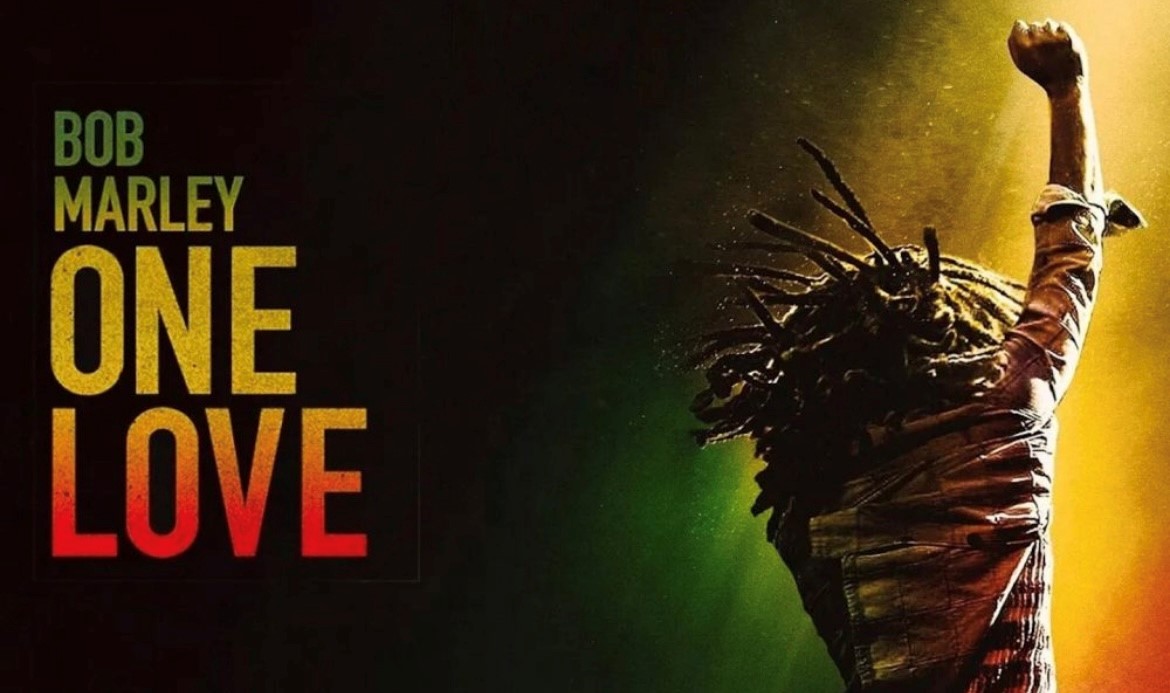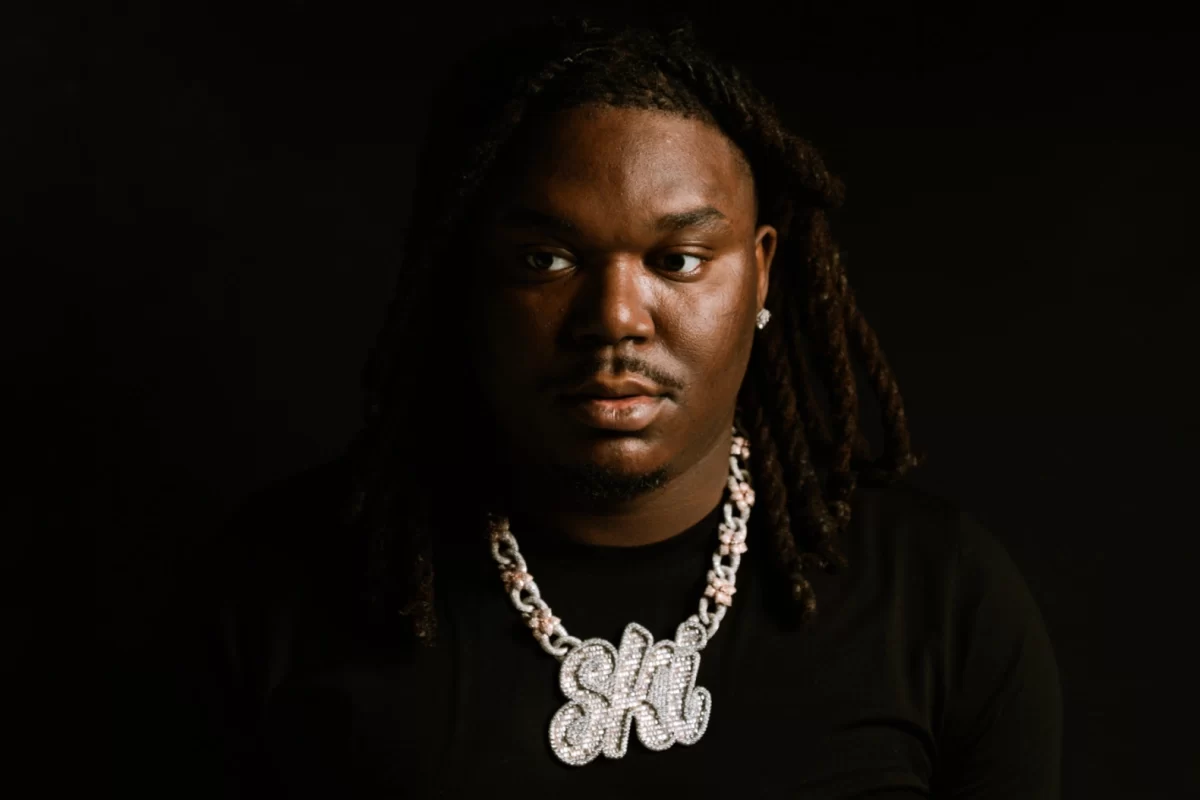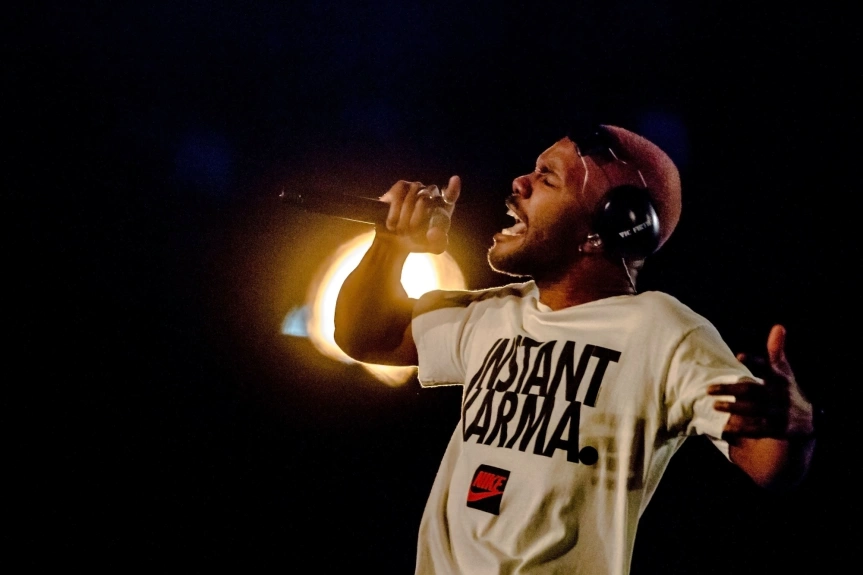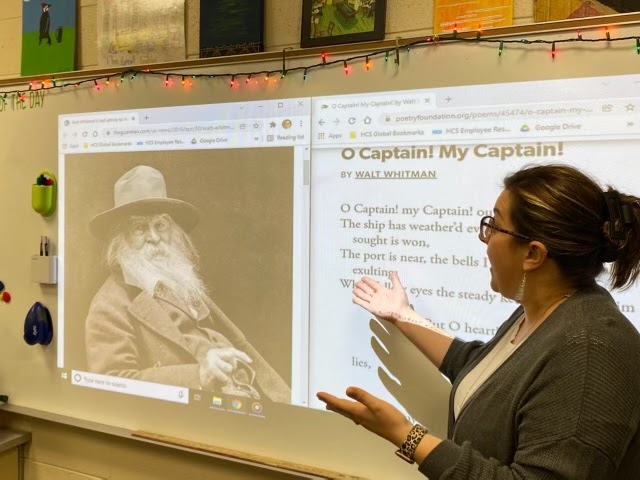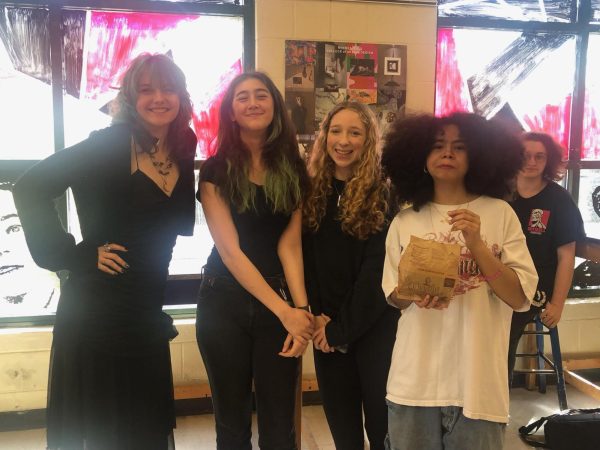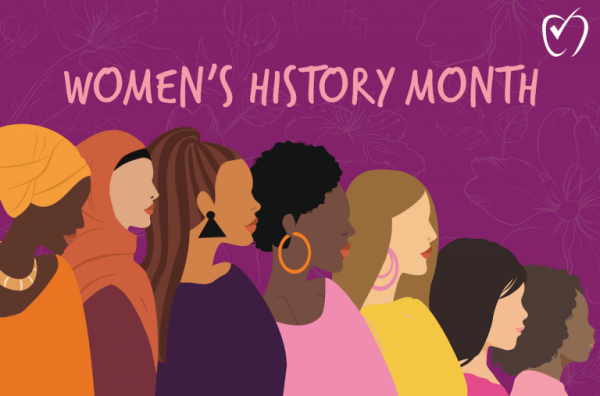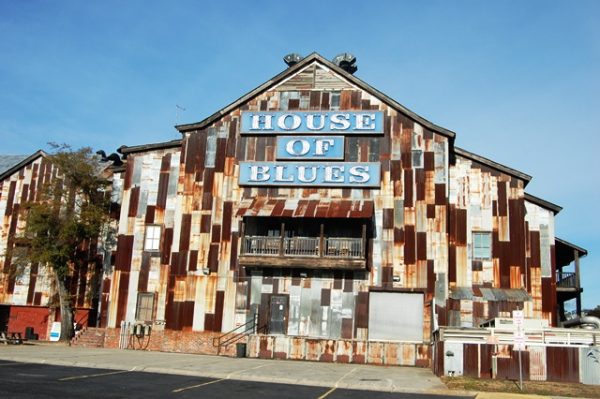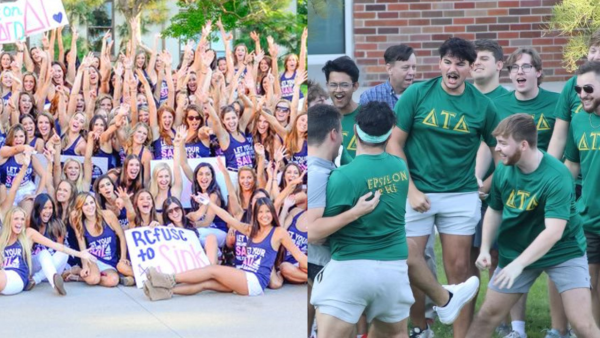Veteran PTSD

March 11, 2022
Joining a military branch is an act of honor, loyalty, and courage. Around 7 percent of the U.S population is in the United States military, which is around 19 million people. Despite the prestige and widespread respect of being a military serviceman, over 13% are diagnosed with Post Traumatic Stress Disorder (PTSD), which can greatly affect the individual and their families.
PTSD is defined by the American Psychiatric Association as a “psychiatric disorder that may occur in people who have experienced or witnessed a traumatic event such as a natural disaster, a serious accident, a terrorist act, war/combat, or rape or who have been threatened with death, sexual violence or serious injury.”
The most common place to find individuals that suffer from PTSD is the United States military. Due to the rigorous conditions found during times of war, many veterans never come home the same. Common symptoms of the disease include numbness, anger, sleeplessness, and reoccurring memories of the event. All of the symptoms attributed to PTSD can lead to suicide among veterans across the globe.
NJROTC Instructor Capt. Boyle shared, “My father nor myself have suffered any severe PTSD, a product of luck in my eyes. As a child, I remember a story about my father during his time in the service, waking up with night terrors and having flashbacks to previous war settings”.
According to the Department of Veteran Affairs, 5,989 veterans committed suicide in 2021. Veteran suicide has a lifelong effect on families and friends; recently there has been a drop in the number of veteran suicides a day from 22 to 20 according to the “Military Times Magazine”. Following the fall of the U.S setup government in Afghanistan, calls to the veterans’ crisis line went up 7% a great thing in light of recent situations.
The use of social media and companies like Till Valhalla and the Wounded Warrior Project is putting a focus on veteran mental health. This has led to an increased usage of mental health resources within the community such as crisis lines and psychiatric visits. Till Valhalla donates 20% of their net profits towards the fight to end veteran suicide; they use their profits to gift memorial plaques to fallen military, first responders and law enforcement. To learn more visit: https://tilvalhallaproject.com/ & https://www.woundedwarriorproject.org/
Although many may not see the effects of Veteran PTSD in their daily lives, various students in The Forest may know the horrors all too well.
Junior Hailey Whitmore commented, “PTSD doesn’t just affect our parents; when they come home completely changed, you as their child have to roll with the punches through their good and bad times.”
Whitmore’s first-hand experience shows just how much of a toll PTSD can have on the service member’s family and friends.
The Department of Veteran Affairs states “PTSD can make somebody hard to be with. Living with someone who is easily startled, has nightmares, and often avoids social situations can take a toll on the most caring family. Early research on PTSD has shown the harmful impact of PTSD on families.”
Source: U.S Department of Veteran Affairs
https://www.ptsd.va.gov/understand/common/common_veterans.asp


